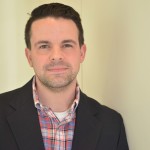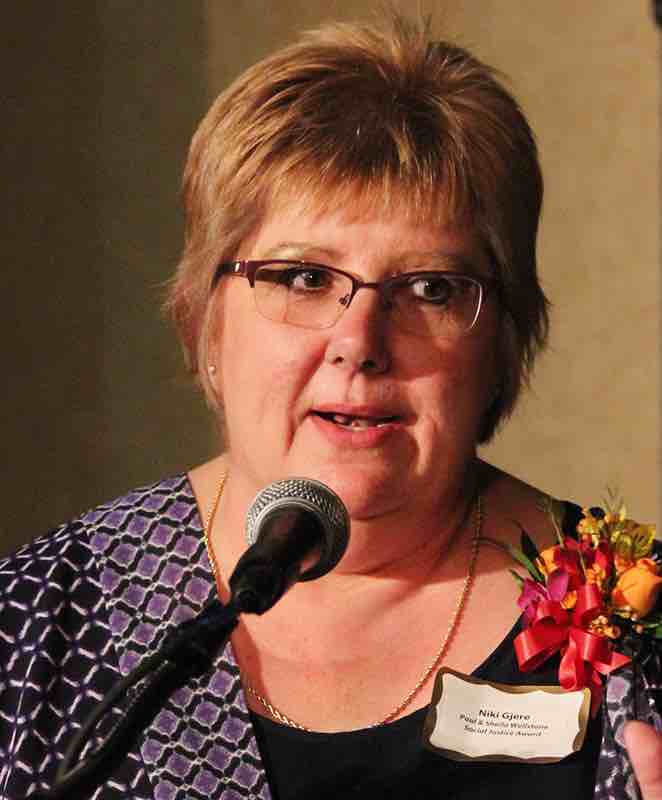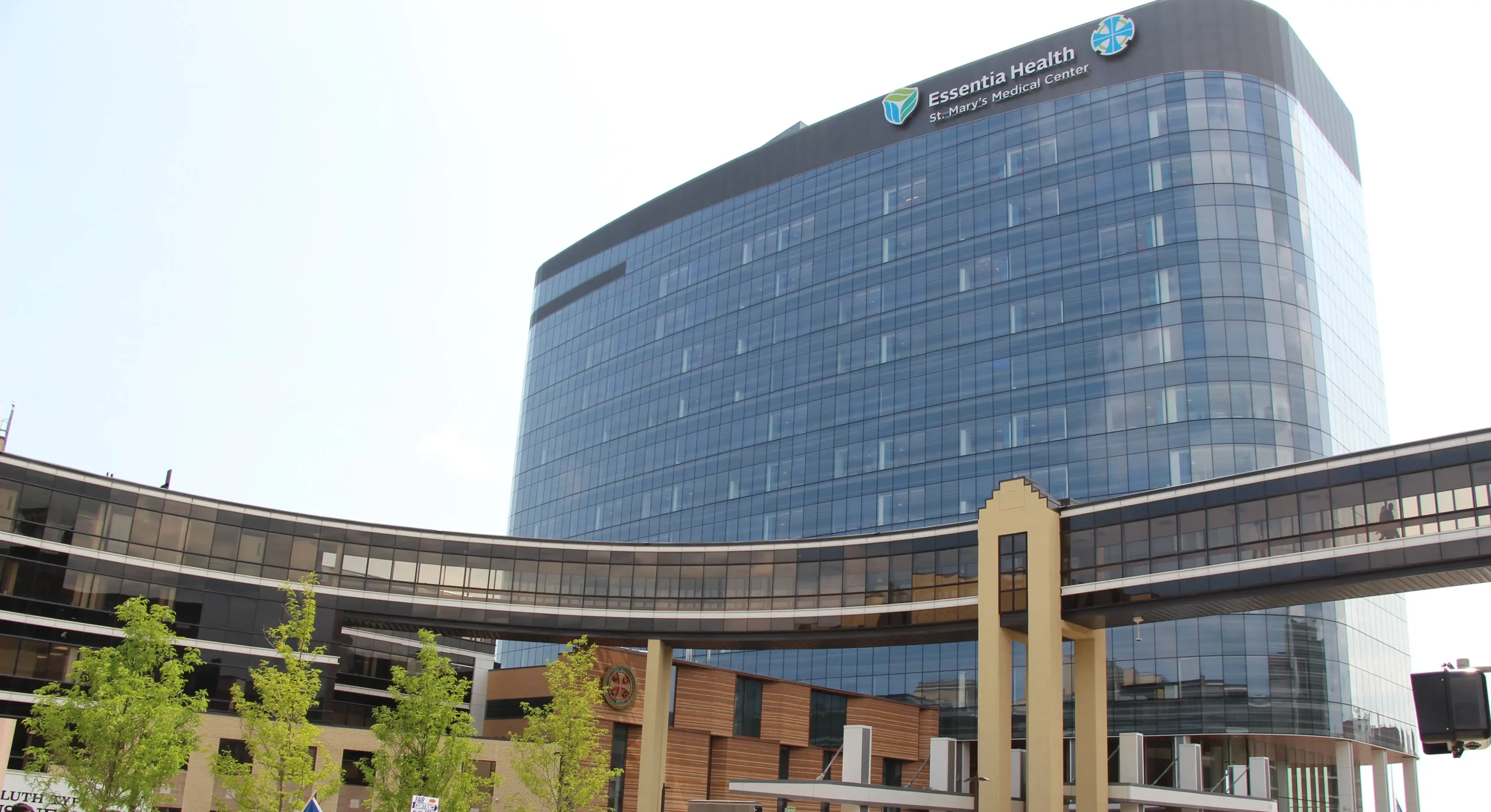By Mathew J. Keller, RN JD

Regulatory and Policy Nursing Specialist
Regulatory and Policy Nursing Specialist
Clinical research is undoubtedly necessary to advance the field of medicine, but one would never expect that research to come at the cost of patients’ lives. The Minnesota Nurses Association is proud to support Clinical Nurse Specialist Niki Gjere, who continues to shine a light on unethical and even immoral psychiatric research practices at the University of Minnesota. Former Governor Arne Carlson calls this “the worst scandal I’ve seen since I’ve been in Minnesota.” Granted, this story has made the rounds in the news media, but, even so, nothing’s changed. The environment that allowed one young man to suffer still exists at the U of M and demands our action.
Gjere, a PhD student at the U of M, was MNA’s 2015 “Social Justice Award Winner.” She is a longstanding advocate for psychiatric research patients, having served on the University of Minnesota’s Institutional Review Board for the past 15 years. It was in her capacity as a CNS at Fairview Riverside that Gjere first noted concerns with the University’s practices in recruiting Fairview Riverside patients to participate in psychiatric studies. In perhaps the most egregious case, a stayed civilly committed patient (i.e. legally obligated to follow his psychiatrist’s orders) was given a choice by his psychiatrist between participating in the infamous “CAFE” study (a study of three anti-psychotic medications funded by a pharmaceutical company) or being held in an inpatient psychiatric unit for the foreseeable future.
That patient, Dan Markingson, made the same decision most anyone would—he entered the CAFE study, despite the fact that Markingson’s psychiatrist (Dr. Stephen Olson) was also the study’s principal investigator and had a financial incentive to recruit as many research subjects as possible. As Markingson’s condition deteriorated while in the CAFE study, his mother pleaded with medical staff to release him from it “before he kills himself or someone else.” No one took her seriously. Then, six months after entering the CAFE study, Markingson committed suicide by nearly decapitating himself with a box cutter.
Having personal knowledge of these events, Gjere was appalled to learn that the University was soon at it again in recruiting vulnerable psychiatric patients in an unethical manner. In a 2013 investigative report by Fox 9’s Jeff Baillon on the Markingson case, Baillon interviewed a patient (now known to be Robert Huber) who was recruited to enter into a clinical research study while on a 72-hour psychiatric hold. Huber, who didn’t feel he was competent to provide informed consent, was coerced into entering a pharmaceutical study by his physician, a University psychiatrist with a financial incentive to recruit research subjects. Once again, the University and its psychiatric researchers were turning a blind eye toward the safety of vulnerable psychiatric patients in the pursuit of the almighty research dollar.
“I was haunted,” Gjere said. “Here was a story very similar to Dan Markingson’s—it was happening again.” Registered Nurses were telling Gjere that they didn’t feel safe reporting concerns about patient safety or research, so she did what she knew to do—she escalated her concerns. “I waited for somebody to take these issues seriously. I met with many leaders, powerful leaders.” Unfortunately, nothing changed. “I was so frustrated, and nurses were still afraid to come forward. I was very afraid about patient safety concerns not being heard, and that nurses’ concerns were not being heard. Nurses are our first line of protection for patients. If we are not listening to the nurses, then I had no confidence our patients were protected.”
Niki Gjere had had enough. To hear what she did next and how the University responded, tune in to Part II next Monday.



